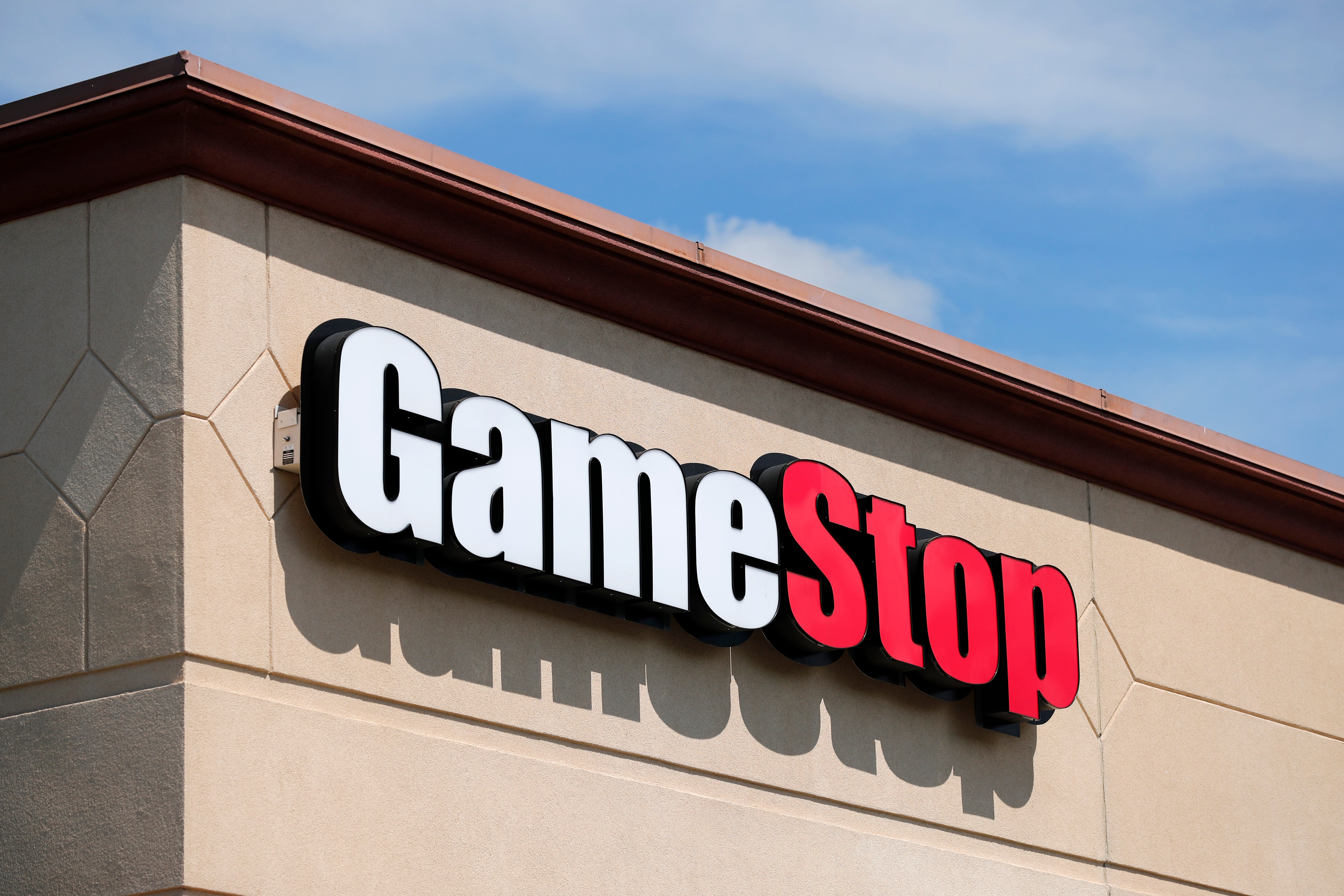The Independent's journalism is supported by our readers. When you purchase through links on our site, we may earn commission.
Should you believe Reddit, Jordan Belfort or your parents about the GameStop Robinhood controversy?
Depending on your perspective, this was either Wall Street’s comeuppance or the inmates taking over the asylum. I’m one of the people caught in the middle

Your support helps us to tell the story
From reproductive rights to climate change to Big Tech, The Independent is on the ground when the story is developing. Whether it's investigating the financials of Elon Musk's pro-Trump PAC or producing our latest documentary, 'The A Word', which shines a light on the American women fighting for reproductive rights, we know how important it is to parse out the facts from the messaging.
At such a critical moment in US history, we need reporters on the ground. Your donation allows us to keep sending journalists to speak to both sides of the story.
The Independent is trusted by Americans across the entire political spectrum. And unlike many other quality news outlets, we choose not to lock Americans out of our reporting and analysis with paywalls. We believe quality journalism should be available to everyone, paid for by those who can afford it.
Your support makes all the difference.Everyone has seen the headlines by now. The stock of failing mall chain GameStop — basically, the Blockbuster Video of our times — has surged 500 percent over the past three days. That this surge has been accompanied by an intensely meme-able rallying cry is only the news-hook icing on the cake.
The ‘activist short sellers’ who were betting against GameStop have since been squeezed out of the market. They had bet too heavily and too arrogantly against the chain, attracting the trading world’s Eye of Sauron — a subreddit called WallStreetBets, whose tagline reads: “Like 4chan found a Bloomberg Terminal.”
The forum’s 3.4 million retail traders framed the battle in moral terms. So did the stock market establishment — even Wolf of Wall Street author Jordan Belfort had some critical words to share.
Depending on your perspective, this was either Wall Street’s comeuppance or the inmates taking over the asylum. (More proof for the second perspective came when the stock of long-bankrupt Blockbuster Video shot up 700 percent.)
If you squint, you’ll see your parents on the Wall Street side. They’re telling you that you should respect the value of money, that day trading is just gambling, and that you probably shouldn’t throw in with the nihilists.
On the other side, there is a new influx of retail traders, who came of age in the time of automation and Bitcoin. They don’t believe in ‘value’ — or rather, they understand that value has been decoupled from production.
I’m a retail trader, one of the people caught in the middle of these two groups. And I don’t believe in either perspective. I believe in price.
What this means, practically, is that I believe what a stock’s chart tells me. And when it tells me nothing that I can plan for, I watch from the sidelines.
I watched from the sidelines on this one — and of course I’m feeling regret. But the part of my brain that I try to listen to is telling me to stick to my trade plans, and trade only the stocks that I’ve been actively following. It’s also reminding me that regrets go with the territory.
I’ve had my eye on GameStop for the past few months, and even traded it when it was sitting around $7 in September. I sided with the Reddit crowd in thinking it was undervalued — and it was a value play back then.
It’s definitely not one now — as every talking head will tell you.
There’s a disconnect here, between investors and traders. The traders driving up GameStop’s price are not going to hold onto it for the next five years (I hope). They’re going to see how far this price bubble can take them, and hopefully set a stop-loss that preserves most of their gains.
This is pretty much the way I trade — with a goal in mind and a dollar amount I’m willing to lose. No falling in love with a stock, and holding it past the risk point. The idea is to make more money than you lose, in a consistent and repeatable way. This is the only thing that separates the trader from the gambler.
That’s an old dichotomy, though. The one that’s more useful here is the split between the trader and gamer.
The past year has seen an explosion of retail trading interest, much of it driven by the rise of trading app Robinhood. This is part of the spirit animating WallStreetBets.
Robinhood has pulled in a younger and more extremely online class of trader — by the millions. It has ‘gamified’ the trading experience, and horrified the establishment. One study showed that Robinhood users bought and sold options contracts at 88 times the rate of traders at the more traditional brokerage Charles Schwab.
In 2020, I watched as Robinhood users piled into foolish rallies, like the run on bankrupt car rental company Hertz. In the trading world, these traders are what we call lemmings, following the crowd. They gain the least when a stock is on its way up, and get out last when the stock falls. And the same thing will happen this time.
That’s why I’m not chasing GameStop — I know that tomorrow is another day.
Join our commenting forum
Join thought-provoking conversations, follow other Independent readers and see their replies
Comments